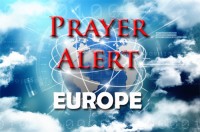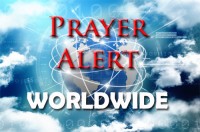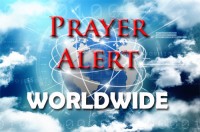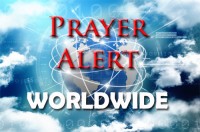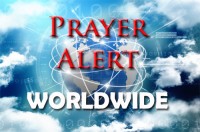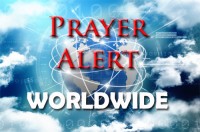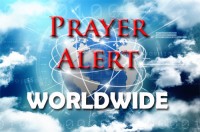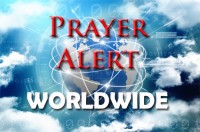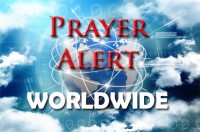Slovenia: forming a new government
A new government has to be formed after the anti-immigrant Slovenian Democratic Party (SDS) won 25% of the vote in the general election. The centre-left, anti-establishment party, Marjan Sarec List (LMS) came second with 12.7%. SDS is led by former PM Janez Janša, a vocal supporter of Hungary's nationalist prime minister Viktor Orban. The SDS said the door for talks and coalitions is open to all other parties. It would need to join at least two other parties to gain a majority. Most other parties have ruled out a coalition with Mr Janša because of his extremist views. They could form a centrist coalition. SDS believes money spent on migrants would be better used for Slovenia’s security forces. Mr Janša wants Slovenia to ‘become a country that puts wellbeing and security first’. The banking system, the health sector, and pensions will become key issues on the next government's agenda. Post-election negotiations are expected to be difficult.
Nicaragua: Pope Francis calls for dialogue
Demonstrations against President Ortega’s corruption, his autocratic style, and his control over congress, the courts, the military, and the electoral board started on 19 April and are being met with violence. The church tried to intervene, but called off peace talks after police killed 16+ people on a peaceful march led by victims' mothers. There are now 113 dead. The Pope said, ‘I am united with my brother bishops in Nicaragua and their grief over violence committed by armed groups. The Church is always in favour of dialogue, but for that it requires an active commitment to respect freedom and, above all, life.’ On 2 June residents hid indoors as pro-government snipers shot people in the street. A local church later opened its doors to offer refuge and medical care to 21 individuals who had been detained and reportedly abused by police. Ortega accuses ‘right-wing groups’ of terrorising the country. Seven weeks of violence have made daily life dangerous for a population increasingly in open rebellion against the government. See
Afghanistan: ceasefire
On 7 June, president Ashraf Ghani announced a ceasefire with Taliban insurgents until 20 June, coinciding with the end of Ramadan, but said fighting against IS will continue. He added that the ceasefire is an opportunity for the Taliban to realise that their violent campaign is not winning hearts and minds but further alienating people. He recently offered to recognise the Taliban as a legitimate political group, in a proposed political process that he said could lead to ending more than sixteen years of war. At that time he proposed a ceasefire, releasing prisoners, new elections involving the militants, and a constitutional review in a pact with the Taliban, to end a conflict that last year alone killed or wounded over 10,000 Afghan civilians.
Central African Republic: Christian / Muslim divide
Cardinal Dieudonné Nzapalainga, Imam Oumar Kobine Layama and Rev Nicolas Guérékoyamé-Gbangou have international recognition for their peacekeeping efforts, and have blamed foreign mercenaries for an upsurge in violence. The so-called 'Christian rebels', the Anti-balaka, wear occult charms around their necks and fight with knives, clubs, rifles and machetes to rid the south of Muslims. The Bambari cathedral was looted, as were the bases of nine NGOs including the National Commission for Refugees. The clerics called all armed groups to lay down weapons, stop illegal exploitation of natural resources, and have ‘frank and inclusive dialogue’. The UN reported that 37,000 people, displaced by recent violence, are living in nine camps. The Red Cross said Muslim and Christian communities in Bambari want to live peaceably but are driven apart by violence and revenge attacks that trigger more assaults, making it harder to persuade people to live side-by-side again. See

